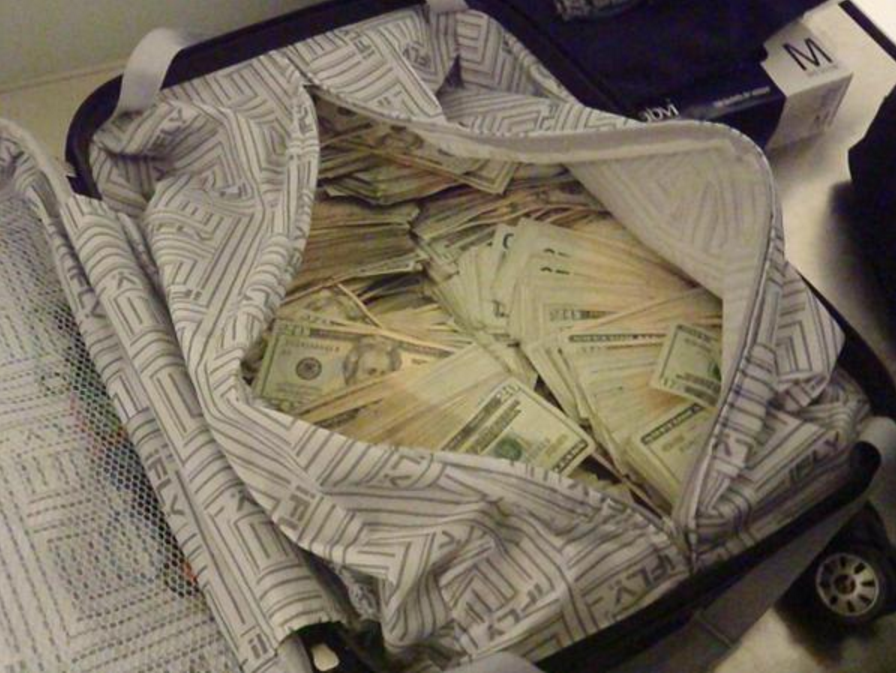How to fly with cash
 If you are flying with a large amount of cash, or other monetary instruments like travelers checks, money orders, and bearer bonds, you should take common sense steps to protect yourself from unwanted attention, but you should also be aware of what legal issues you may have to address.
What you have to do will depend on what country you are in, or whether you are traveling internationally.
If you are flying with a large amount of cash, or other monetary instruments like travelers checks, money orders, and bearer bonds, you should take common sense steps to protect yourself from unwanted attention, but you should also be aware of what legal issues you may have to address.
What you have to do will depend on what country you are in, or whether you are traveling internationally.
Travel within the United States
If you are on a domestic flight in the US, there is no limit to the amount of cash or monetary instruments that you can carry.
However, the TSA may ask a passenger who is carrying a large sum of cash to account for the money.
If the TSA suspects that the money is related to some kind of criminal activity such as drug trafficking or money laundering, they may turn the issue over to a law enforcement agency (TSA has no law enforcement powers).
Travel to or from the United States
If you are on an international flight that is departing or arriving the US, there are no limits as to the amount of money a passenger can carry.
However, passengers who are carrying currency, endorsed personal checks, travelers checks, gold coins, securities or stocks in bearer form that are valued at $10,000 or more must report the amount that they are carrying to US customs officials.
Failure to do so can result in fines or confiscation of the money. This reporting requirement applies to individual travelers, or travelers who are in a family or other group. For example, if a family of five is flying together, and they have $11,000 between them, they are obligated to report these amounts.
A passenger is also required to report their non-US cash or currency if the equivalent value in US dollars is over $10,000.
Travel outside of the United States
When leaving the US with large amounts of currency, gold, or other valuables, you should review the customs requirements of your destination country before you fly.
Rules and restrictions on traveling with money will vary by country around the world. Be sure to check those laws and regulations before you fly, and if necessary make alternative plans before you fly.
Protecting your money from theft or other losses
When you carry cash with you on an airline trip, you should take some very basic steps to keep from becoming a victim of theft, or from losing your money by accident.
- Avoid traveling with large amounts of cash.
- If you have to take cash, keep it in a carry on bag.
- Never put your cash, financial instruments, or precious metals in a checked bag.
- Keep your cash and other valuables out of public view.
- Keep your baggage and belongings in sight when passing through a security checkpoint.
- If your carry on baggage must be searched, insist on keeping your bag in sight.
- If asked about the amount of money in your baggage by a TSA agent or other responsible authority, tell the truth.
- If you suspect that you have been a victim of theft, contact an airport police officer or other law enforcement representative immediately (note that TSA agents are not law enforcement agents)
- If you suspect that a TSA screener or other screening area employee has stolen your property, contact a supervisor.
Additional baggage pages
http://airsafe.com/issues/baggage/cash.htm -- Revised 29 May 2015